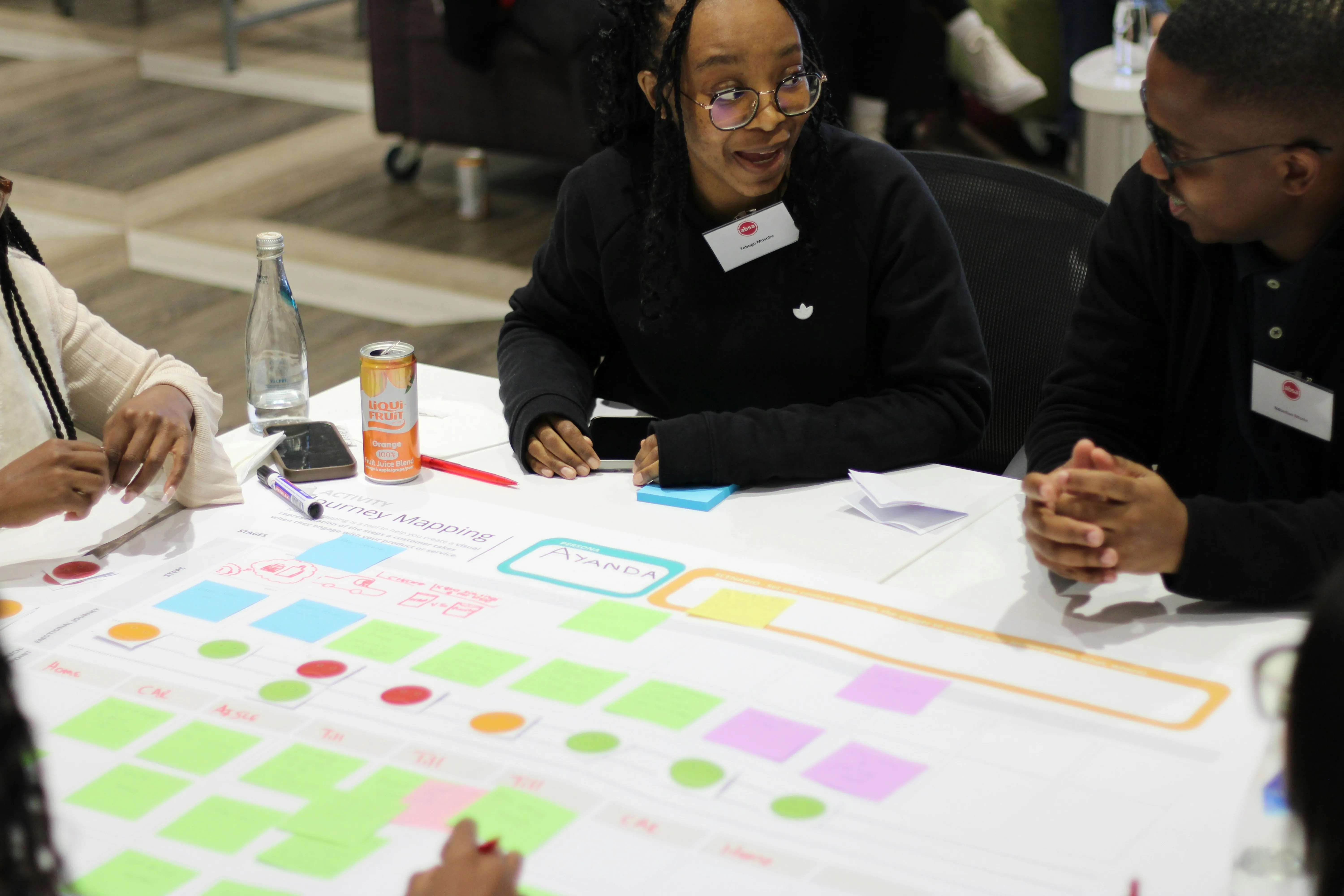Harnessing the Power of AI: Empowering Marginalized Communities and People with Disabilities
By harnessing the power of AI to enhance accessibility, improve healthcare access, foster inclusive education, enable independent living, and facilitate employment opportunities, we can create a more equitable and inclusive society for all. However, it's essential to ensure that AI technologies are developed and deployed in a responsible and ethical manner, with a focus on equity, accessibility, and human rights.

Artificial Intelligence (AI) has emerged as a powerful tool with the potential to transform countless aspects of our daily lives. From improving healthcare outcomes to revolutionizing transportation, AI technologies are reshaping industries and driving innovation across the globe. One area where AI holds immense promise is in its ability to assist marginalized communities and people with disabilities, empowering them to overcome barriers and lead more independent and fulfilling lives. In this blog post, we'll explore how AI can be leveraged to address the unique challenges faced by marginalized communities and individuals with disabilities, enhancing accessibility, inclusivity, and quality of life.
Enhancing Accessibility: AI-powered technologies have the potential to break down barriers and make everyday tasks more accessible for individuals with disabilities. For example, computer vision algorithms can enable real-time object recognition and scene understanding, allowing individuals with visual impairments to navigate their surroundings more independently. Similarly, natural language processing (NLP) techniques can be used to develop speech-to-text and text-to-speech applications, empowering individuals with speech and hearing impairments to communicate more effectively.
Improving Healthcare Access: AI-driven healthcare solutions hold promise for improving access to quality healthcare services for marginalized communities and individuals with disabilities. For instance, AI algorithms can analyze medical imaging data to assist in the early detection and diagnosis of diseases such as cancer, enabling timely intervention and treatment. Additionally, AI-powered virtual health assistants and telemedicine platforms can provide remote access to healthcare professionals, particularly for individuals living in underserved or remote areas.
Fostering Inclusive Education: AI technologies can play a pivotal role in promoting inclusive education for students with disabilities. AI-powered learning platforms can personalize educational content and adapt teaching methods to meet the diverse needs and learning styles of students with disabilities. Moreover, AI-driven assistive technologies such as smart tutors and adaptive learning systems can provide tailored support and feedback, helping students overcome learning challenges and achieve academic success.
Enabling Independent Living: AI-enabled smart home devices and assistive technologies can empower individuals with disabilities to live more independently and autonomously. For example, smart home systems equipped with AI-driven voice assistants can automate routine tasks such as adjusting lighting, temperature, and home security, reducing reliance on caregivers and enhancing quality of life. Similarly, wearable devices and mobility aids powered by AI can assist individuals with mobility impairments in navigating their environment and performing daily activities with greater ease and confidence.
Facilitating Employment Opportunities: AI-driven technologies hold the potential to create new employment opportunities and empower individuals with disabilities to participate more fully in the workforce. For example, AI-powered job matching platforms can help connect individuals with disabilities to employers offering inclusive employment opportunities that align with their skills and abilities. Moreover, AI-driven workplace accommodations and assistive technologies can enhance accessibility and support inclusion in the workplace, enabling individuals with disabilities to thrive in diverse work environments.
In conclusion, AI has the potential to be a powerful force for good in addressing the unique challenges faced by marginalized communities and individuals with disabilities. By harnessing the power of AI to enhance accessibility, improve healthcare access, foster inclusive education, enable independent living, and facilitate employment opportunities, we can create a more equitable and inclusive society for all. However, it's essential to ensure that AI technologies are developed and deployed in a responsible and ethical manner, with a focus on equity, accessibility, and human rights. By leveraging AI for social good, we can empower marginalized communities and individuals with disabilities to overcome barriers, unlock their full potential, and thrive in a rapidly evolving world.
.svg)





